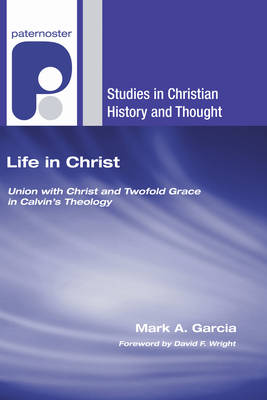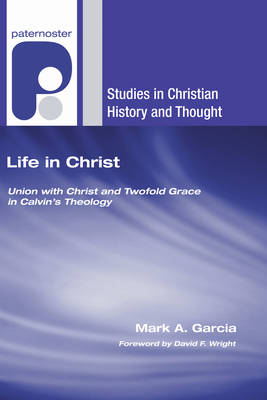
- Afhalen na 1 uur in een winkel met voorraad
- Gratis thuislevering in België vanaf € 30
- Ruim aanbod met 7 miljoen producten
- Afhalen na 1 uur in een winkel met voorraad
- Gratis thuislevering in België vanaf € 30
- Ruim aanbod met 7 miljoen producten
Zoeken
€ 70,95
+ 141 punten
Uitvoering
Omschrijving
In three wide-ranging case studies Mark A. Garcia offers a comprehensive yet focused analysis of the centrality of union with Christ in Calvin's thought. It explains not only the distinctive nature of Calvin's response to Rome on justification, but why this response must be carefully distinguished from that of his Lutheran counterparts. The fruit of these investigations is the first extensive demonstration that Calvin's exposition of union with Christ in relating justification and sanctification points to an emerging Reformed theology of justification that diverges from the Lutheran tradition. Calvin's exegetical and theological model of union with Christ accents the importance in the early Reformed tradition of the relationship between Christology and salvation.
Specificaties
Betrokkenen
- Auteur(s):
- Uitgeverij:
Inhoud
- Aantal bladzijden:
- 388
- Taal:
- Engels
- Reeks:
Eigenschappen
- Productcode (EAN):
- 9781556358654
- Verschijningsdatum:
- 1/04/2008
- Uitvoering:
- Paperback
- Formaat:
- Trade paperback (VS)
- Afmetingen:
- 158 mm x 228 mm
- Gewicht:
- 535 g

Alleen bij Standaard Boekhandel
+ 141 punten op je klantenkaart van Standaard Boekhandel
Beoordelingen
We publiceren alleen reviews die voldoen aan de voorwaarden voor reviews. Bekijk onze voorwaarden voor reviews.











